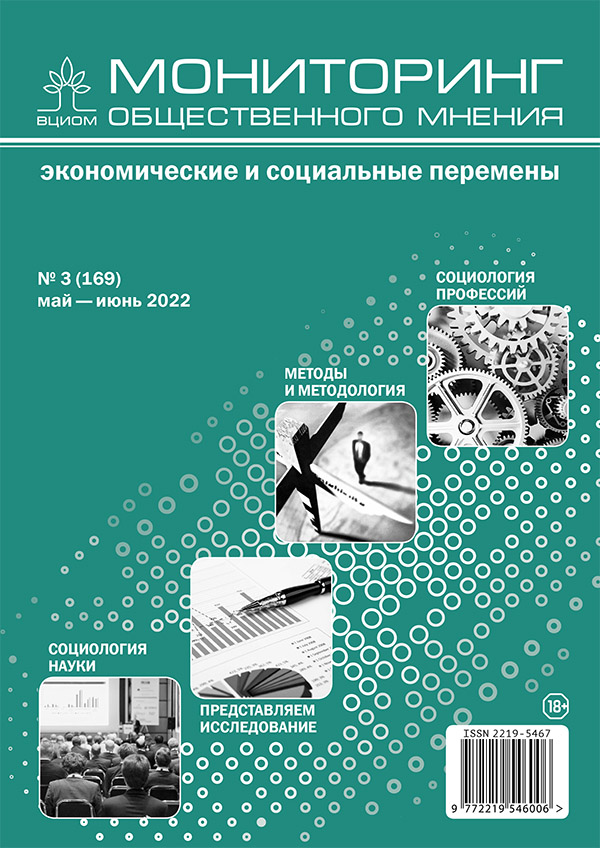Vocational School Instead of a University: What Brings Successful Eleventh-Graders to Vocational Education?
DOI:
https://doi.org/10.14515/monitoring.2022.3.2090Keywords:
socioeconomic inequality, educational trajectory, vocational school, access to higher education, vocational educationAbstract
High school graduates typically enroll in universities, while vocational education is usually seen as a less desirable path. However, since the mid-2010s, a growing number of students completing 11th grade apply for vocational education, whilst universities face stagnating enrollment rates. The growing demand for vocational education may be underpinned by both problems of access to higher education and a change in the perception of desirable and acceptable post-secondary trajectories. Focusing on the socio-economic inequality and rational action, the authors of this article examine the choice of the educational route of school graduates who have become college students. Empirically, the study bases on the materials of interviews with students who entered colleges in 2019—2020, after completing 11 classes of school and showing a relatively high academic performance.
The study found that college students' choice of educational path was influenced by a combination of factors. On the one hand, the choice in favor of secondary vocational education turned out to be a compulsory decision for some graduates due to limited access to higher education. This might be attributed to the secondary effects of the socioeconomic status of the family and lack of resources or to absence of a strategy for entering a university. The latter becomes a condition for successful progression to higher education. On the other hand, there has been a change in the secondary vocational education narrative: in the case of “soft” and digital professions, the college acts as a direct alternative to the university, a channel for faster and less expensive mastering of professional skills. Thus, the growing interest in secondary vocational education can be interpreted either as a forced postponement of the decision to obtain a university diploma or as a sign of the growing variability of the acceptable educational trajectories.
Acknowledgements. This article is an output of a research project supported by Russian Science Foundation (project No 22–18-00533).
The authors are grateful to V. Bolotov for assistance in data collection and overall support of the study, and to E. Minina for discussion of the interview materials and her valuable comments. The authors also express special gratitude to N. Rosenfeld and E. Belova for their help in conducting the interviews.
Downloads
Published
How to Cite
Issue
Section
License
Copyright (c) 2022 Monitoring of Public Opinion: Economic and Social Changes Journal (Public Opinion Monitoring) ISSN 2219-5467

This work is licensed under a Creative Commons Attribution-NonCommercial-ShareAlike 4.0 International License.






